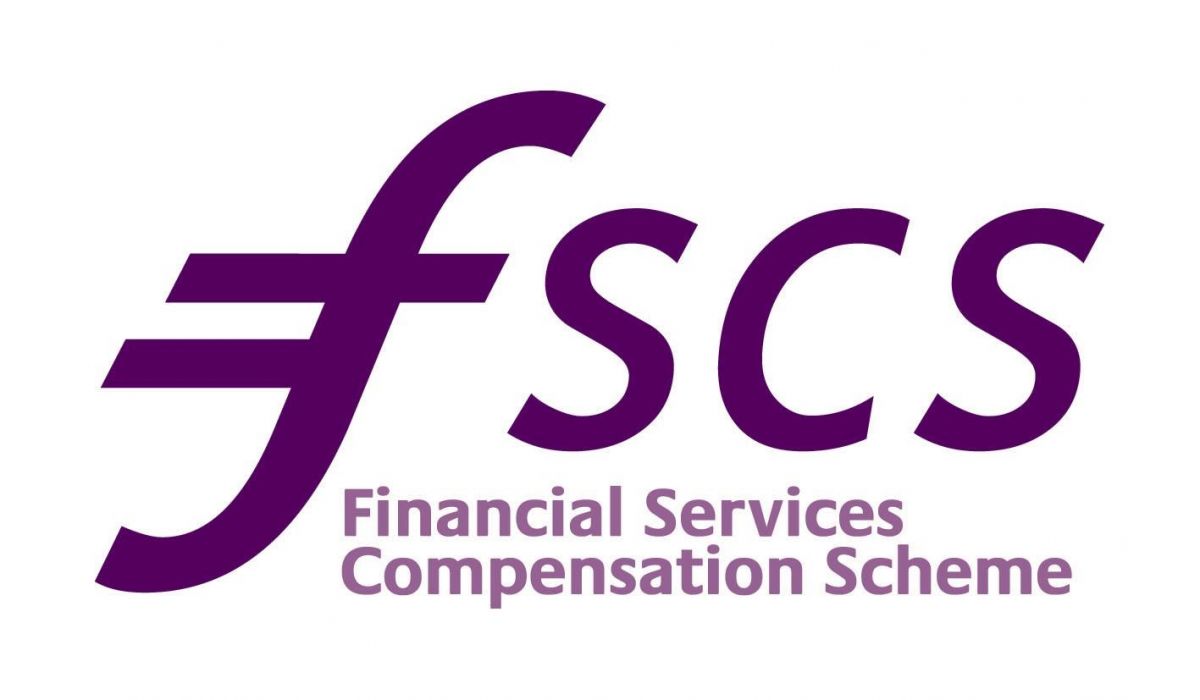The Treasury and the Bank of England (BoE) have announced they are to explore the possibility of a UK central bank digital currency.
This would be a new form of digital money issued by the BoE and would exist alongside cash and bank deposits, rather than replacing them.
In 2022, the Treasury and the Bank will launch a consultation to set out their assessment of the case for a UK central bank digital currency, evaluating the possible benefits and implications for users and businesses, and considerations for further work.
A decision is yet to be made on whether to introduce a digital currency in the UK, which would be a major national infrastructure project. In April 2021, the Boe and the Treasury initiated a joint taskforce to coordinate the exploration of a potential digital currency, and the Bank also set up the Engagement and Technology forums, where relevant stakeholders from industry, civil society and academia provide strategic and technical input.
Economic Secretary to the Treasury, John Glen, said the consultation will begin an open discussion on the role a UK central bank digital currency might play in the UK.
“I’d encourage everyone to contribute to the discussion so we can explore the opportunities this could bring, as well as understanding any risks it may pose,” he commented.
The 2022 consultation will inform a decision on whether the authorities are content to move into a “development” phase, which would span several years. The earliest date for the launch of a UK central bank digital currency would be expected in the second half of the decade, the BoE revealed.
Commenting on the proposed consultation, AJ Bell head of investment analysis, Laith Khalaf, said both the Treasury and the BoE “need to think long and hard” before embarking on a digital currency, because “the risks look high and the benefits marginal”.
“(It) could cause widespread disruption in the banking sector if it is introduced, as well as increasing the chance of a run on commercial banks in times of financial stress,” Khalaf said.
“If consumers were to adopt it in large numbers, that would mean a big shift of money out of deposit accounts, which are a key source of funding for commercial banks to lend into the economy.
“In order to persuade customers to stick with them, banks might have to increase the interest rates on offer on deposits, which would then be passed onto borrowers like mortgage holders, in order to preserve bank margins. Or they may have to end free banking, and start charging for basic services in order to make up for lost profitability. Or indeed the lower availability of funding could mean less appetite by banks to issue loans, which would restrain economic growth.”
Khalaf concluded: “At present, these potential benefits seem to pale in comparison to the risks. Particularly when you also consider that any sweeping financial innovation is likely to be a rallying cry for scammers, who will flock to the scene of any confusion to misappropriate funds wherever possible.”
Latest News
-
Residential property transactions fall 24% month-on-month
-
Later life lending loans jump 5.1% in Q4 2025
-
Mortgage Awards 2026: Winners announced
-
FCA outlines proposals to close gaps in borrowers’ credit files
-
St. James’s Place closes 2025 with record FuM
-
Average LTV on UK mortgaged home drops to 59% – IMLA
Mortgage Advice Bureau and AI in the mortgage sector
Chief executive officer at Mortgage Advice Bureau, Peter Brodnicki, and founder and managing director at Heron Financial, Matt Coulson, joined content editor Dan McGrath to discuss how Mortgage Advice Bureau is using artificial intelligence to make advancements in the mortgage industry, the limitations of this technology and what 2026 will hold for the market
Perenna and the long-term fixed mortgage market

Content editor, Dan McGrath, spoke to head of product, proposition and distribution at Perenna, John Davison, to explore the long-term fixed mortgage market, the role that Perenna plays in this sector and the impact of the recent Autumn Budget
NEW BUILD IN FOCUS - NEW EPISODE OF THE MORTGAGE INSIDER PODCAST, OUT NOW

Figures from the National House-Building Council saw Q1 2025 register a 36% increase in new homes built across the UK compared with the same period last year, representing a striking development for the first-time buyer market. But with the higher cost of building, ongoing planning challenges and new and changing regulations, how sustainable is this growth? And what does it mean for brokers?
Does the North-South divide still exist in the UK housing market?

What do the most expensive parts of the country reveal about shifting demand? And why is the Manchester housing market now outperforming many southern counterparts?
In this episode of the Barclays Mortgage Insider Podcast, host Phil Spencer is joined by Lucian Cook, Head of Research at Savills, and Ross Jones, founder of Home Financial and Evolve Commercial Finance, to explore how regional trends are redefining the UK housing, mortgage and buy-to-let markets.
In this episode of the Barclays Mortgage Insider Podcast, host Phil Spencer is joined by Lucian Cook, Head of Research at Savills, and Ross Jones, founder of Home Financial and Evolve Commercial Finance, to explore how regional trends are redefining the UK housing, mortgage and buy-to-let markets.
© 2019 Perspective Publishing Privacy & Cookies











Recent Stories